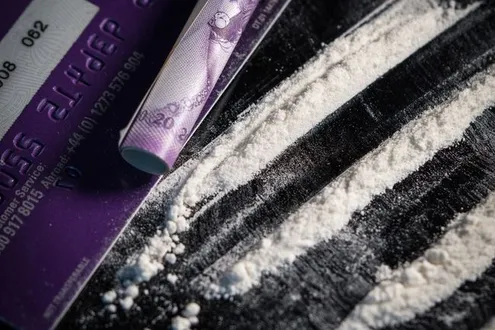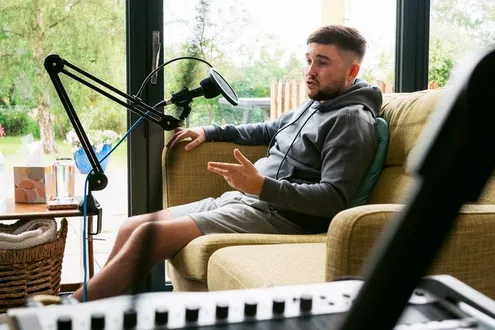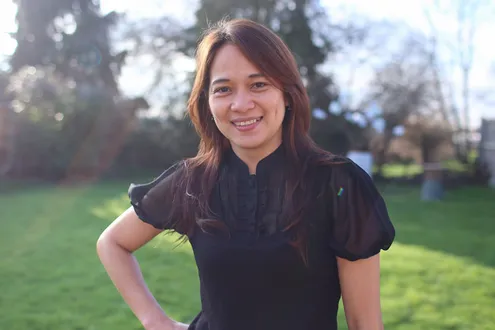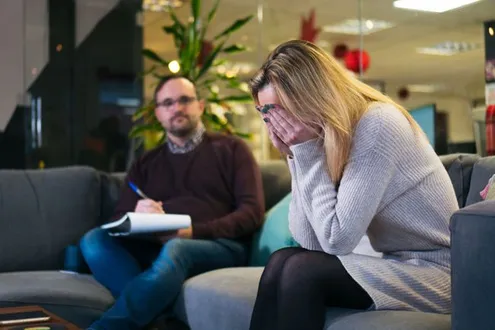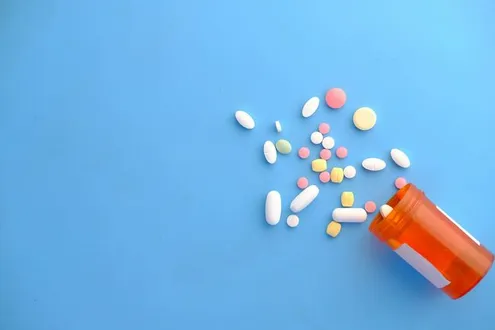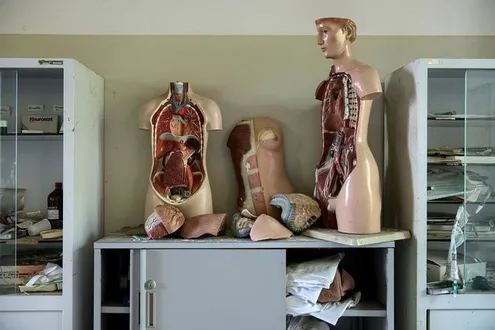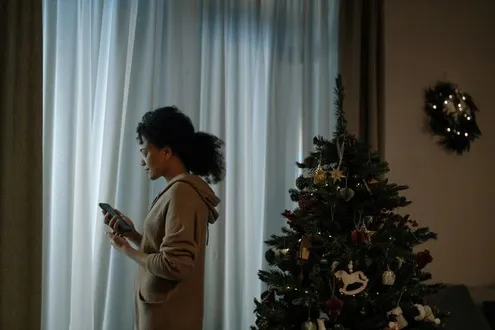An addiction intervention is a structured and compassionate process aimed at helping an individual recognise their substance misuse and accept professional addiction treatment. Often, those struggling with addiction are in denial about the severity of their condition, and an intervention can be the crucial turning point towards recovery.
The Role of the Interventionist
"The role of the interventionist is to bring the family and friends of the addict together to stop the downward spiral of their loved one's addiction" states Graham. The interventionist offers insight, education, and guidance to everyone involved, ensuring a compassionate and effective process while collaborating with loved ones to develop a strategic plan. The interventionist will travel to those involved and liaise with our Treatment Advisors to facilitate a seamless transition into suitable treatment, such as residential rehab, ensuring there is no delay once the individual accepts they need help.
With an 80-90% success rate, they are widely recommended by addiction specialists for those in need of treatment and there are a variety of different intervention models.
For a free assessment please contact our fully-trained Treatment advisors today!
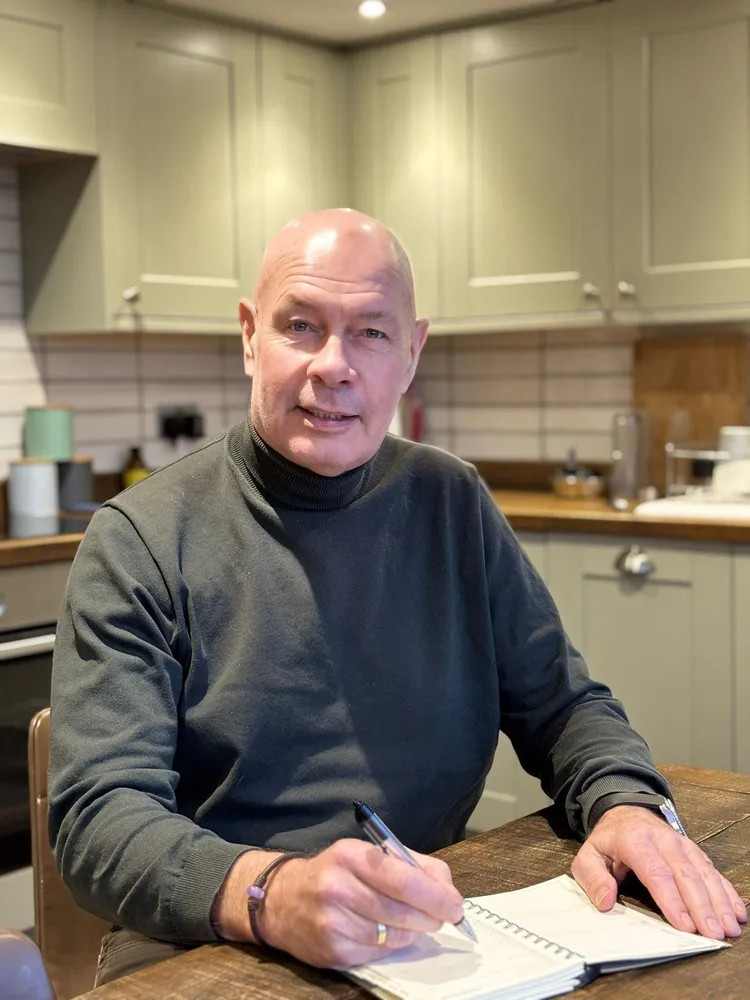
Interventionists require a unique skill set to manage the complexities of addiction interventions. Graham emphasises, “The main skills required are the ability to listen to the family and the addict, to stay calm in challenging situations, and to prepare for any scenario that may arise.” Clear communication and a non-judgemental, compassionate approach are key to a successful intervention.

Full Physical Intervention Package
This package provides complete in-person intervention support, offering hands-on guidance to ensure the best outcome for your loved one.
What’s Included:
- Full support from Rehabs UK alongside Graham throughout the intervention process.
- Personalised assistance tailored to the family’s unique situation.
Virtual Full Intervention Support Package (Remote)
For families seeking structured, professional guidance, this package offers comprehensive support tailored to your loved one’s needs.
What’s Included:
Comprehensive Virtual Intervention Support
- 10 structured modules delivered over 6 to 10 hours to guide you step by step.
- 4 x 1-hour calls for in-depth discussions, planning, and support.
- Additional support outside scheduled sessions to ensure a smooth process.
Ongoing Support for the Physical and Virtual intervention includes:
- Access to a online weekly family support group WhatsApp Group for shared experiences and guidance.
- WhatsApp support group for real-time advice and encouragement.
- Dedicated treatment advisor to assist Graham and the family throughout the process.
- Access to Rehabs UK aftercare
Introduction to Intervention Package (Remote)
This package provides families with essential guidance and support to plan an effective intervention. Our goal is to help you navigate the process confidently and achieve the best possible outcome for your loved one.
What’s Included:
Two 1.5-Hour Video/WhatsApp Calls
- Session 1: Introduction to the intervention process, setting expectations, and developing a clear plan.
- Session 2: Online meeting with Graham and the intervention team to discuss the approach, roles, and next steps.
Ongoing Family & Treatment Support
- Access to a weekly online family support group and WhatsApp Group for continued education and encouragement.
- Direct guidance from a treatment advisor to navigate treatment options.
- Access to Rehabs UK aftercare
We’re here to support your family every step of the way. To establish which intervention package may be the most suitable for your situation contact our Treatment Advisors today for a free assessment.

